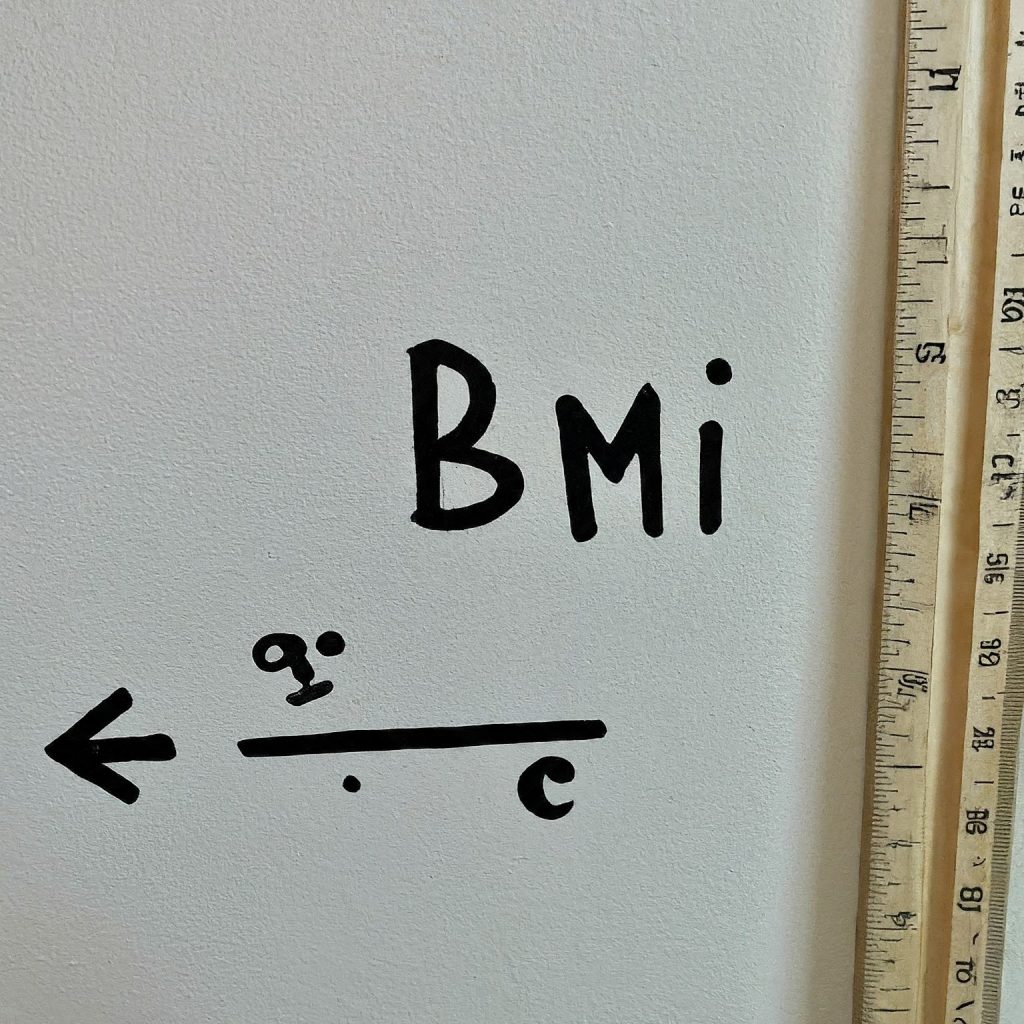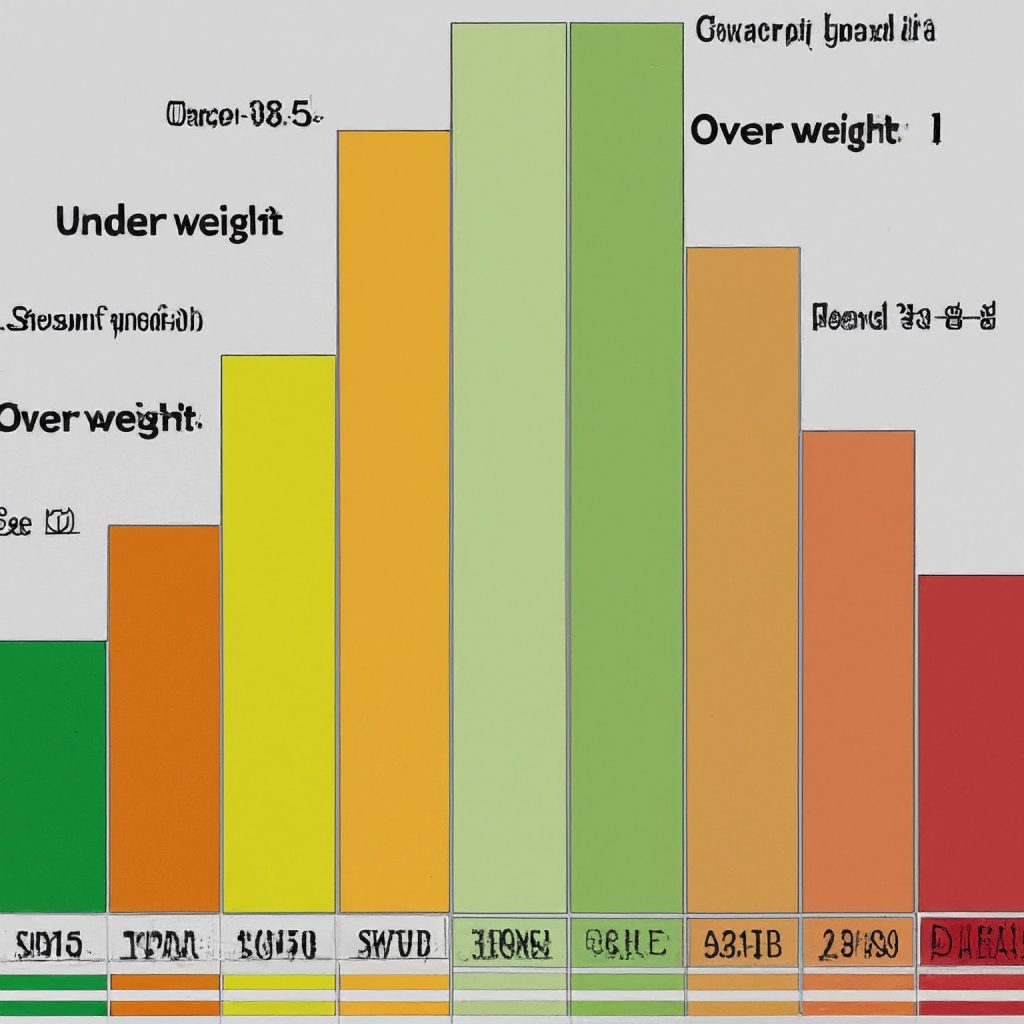In this article, we will discuss Body Mass Index (BMI), a tool used to assess weight relative to height. We will explore the importance of understanding BMI, its purpose, and its limitations. We will also delve into how BMI is calculated, its significance for health, and the factors influencing it. This guide aims to equip you with the knowledge to interpret your BMI and make informed decisions about your health.
What is BMI?

- BMI stands for Body Mass Index.
- It is a calculation that uses your height and weight to estimate your body fat content.
- A higher BMI generally indicates more body fat.
Body Mass Index is a simple calculation that provides a preliminary assessment of body fat. It is not a perfect measure, but it can be a helpful tool for understanding your weight status and potential health risks.
BMI Categories and Their Significance

BMI is categorized as follows:
- Underweight (BMI less than 18.5)
- Normal weight (BMI 18.5 to 24.9)
- Overweight (BMI 25 to 29.9)
- Obese (BMI 30 or greater)
Each category is associated with different health risks.
Understanding your BMI category can help you identify potential health concerns. A normal weight BMI is generally considered ideal for health. However, it is important to remember that BMI is a general guideline, and other factors may influence your health.
How is BMI Calculated?
BMI calculator using the following formula:
- BMI = weight (kg) / height (m²)
Calculating your BMI is simple. You can find online calculators or use a formula to determine your BMI. However, it is important to enter your weight in kilograms and height in meters for accurate results.
Interpreting BMI Results
- A BMI result should be interpreted within the context of your overall health.
- Consider factors like age, muscle mass, and ethnicity.
- Consult a healthcare professional for personalized guidance.
While BMI can be a helpful tool, it has limitations. It may not accurately reflect body composition, particularly for muscular individuals. A healthcare professional can consider your individual health factors and provide a more comprehensive assessment.
Why is BMI Important?
BMI can indicate potential health risks associated with weight.
A high BMI may increase the risk of:
- Heart disease
- Stroke
- Type 2 diabetes
- Certain cancers
Being aware of your BMI can motivate you to maintain a healthy weight. A healthy BMI is linked to a lower risk of various chronic diseases. Early identification of potential risks allows for preventive measures and lifestyle changes.
Assessing BMI for Different Population Groups
BMI interpretation may differ for specific groups:
- Children and adolescents: BMI percentiles are used to account for growth and development.
- Elderly: Age-related muscle loss can affect BMI accuracy. Consult a healthcare professional.
- Cultural and ethnic considerations: BMI may not perfectly apply to all populations due to body composition variations.
It’s important to consider age and ethnicity when interpreting BMI. Children’s BMI is assessed using growth charts, while elderly individuals might require a doctor’s evaluation due to potential muscle loss. BMI is a general tool, and cultural variations in body composition should be considered.
How to Improve BMI
Here are ways to improve your BMI calculator:
- Healthy diet: Focus on fruits, vegetables, whole grains, and lean protein.
- Regular exercise: Aim for at least 150 minutes of moderate-intensity exercise per week.
- Adequate sleep: Aim for 7-8 hours of sleep each night.
Making healthy lifestyle changes is key to improving your BMI. Eating a balanced diet, exercising regularly, and getting enough sleep can all contribute to a healthy weight and a lower BMI.
FAQs about BMI

Address common misconceptions about BMI:
BMI is not a diagnosis of health.
Muscle mass can elevate BMI without indicating excess fat.
Answer frequently asked questions about BMI calculation and interpretation.
This slide can address concerns about the limitations of BMI and answer common questions about its calculation and use.
Conclusion
- BMI is a tool to raise awareness about weight and potential health risks.
- A healthy lifestyle focused on balanced diet, exercise, and sleep is crucial for overall well-being.
- Consult a healthcare professional for personalized guidance and a comprehensive health assessment.
BMI can be a helpful starting point for understanding weight and health. Remember, it’s a general tool, and a healthy lifestyle is key to maintaining a healthy weight and reducing health risks. Always consult a healthcare professional for personalized advice.